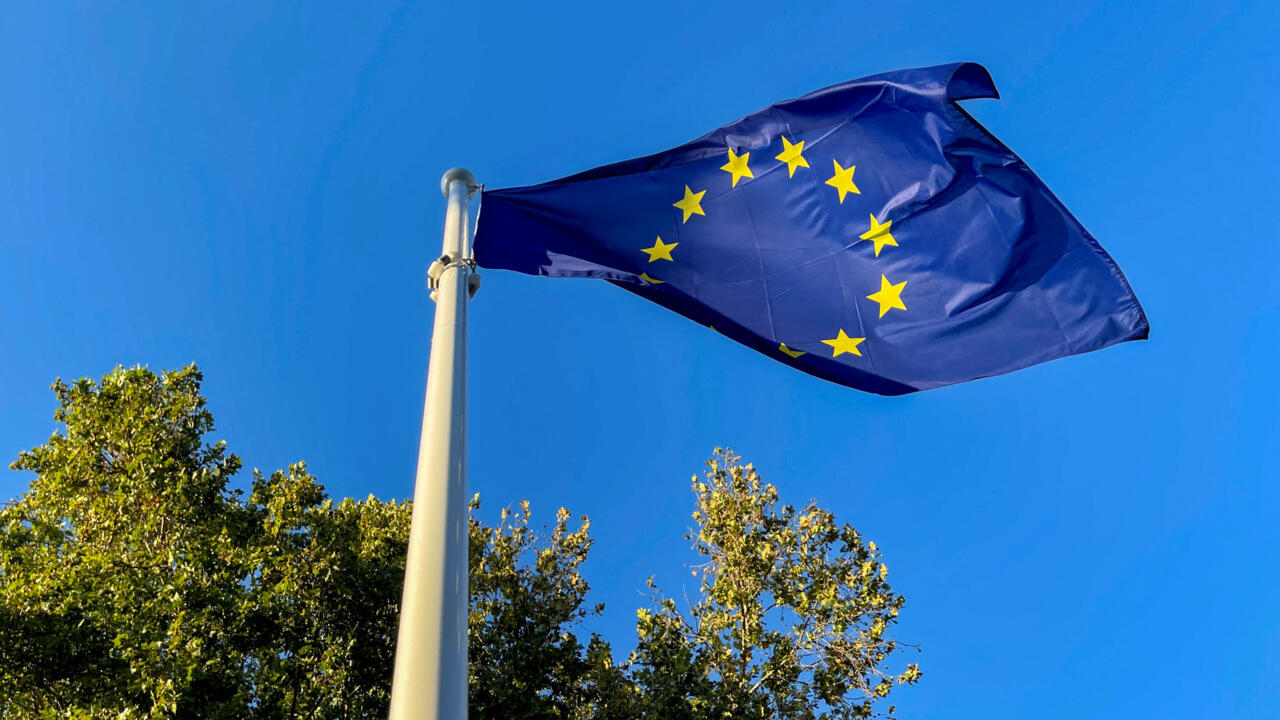In a week’s time, voters across the European Union will cast their ballots in the pivotal June 6-9 elections, which are expected to see significant gains for far-right, nationalist parties amidst a backdrop of social and geopolitical uncertainty.
The results of these elections will be crucial in shaping the next European Commission, with its current President, Ursula von der Leyen, seeking a second term. This election will play a decisive role in determining the EU’s stance on key global issues over the next five years, particularly in relation to its key Western ally, the United States, which itself faces an electoral choice between Joe Biden and Donald Trump in November.
According to surveys, EU voters are grappling with a range of pressing issues including the war in Ukraine, economic prospects, trade protectionism, the potential impact of AI on jobs, migration, and climate change. Despite these challenges, a Eurobarometer poll indicates that nearly seven out of ten Europeans view the EU as “a place of stability in a troubled world,” showing little support for Brexit-like exits from the bloc.
However, far-right candidates are gaining traction by appealing to voters with nationalist, often ethno-nationalistic, platforms. These parties pledge to remain within the EU but advocate for a more Eurosceptic stance, emphasizing cultural and economic preferences, stricter border controls, and a shift towards bilateral decision-making rather than centralized decisions from Brussels. Their messages are resonating with key demographics, including European farmers and youth, the latter being reached through savvy use of social media platforms like TikTok.
The normalization of nationalist rhetoric by governments in Italy, Hungary, and the Netherlands has further bolstered their appeal. Opinion polls suggest that the extreme-right factions could secure around a quarter of the seats in the forthcoming 720-member European Parliament. Despite this surge, the political centre of Europe is anticipated to remain dominant.
The two primary political groups in the parliament — von der Leyen’s centre-right European People’s Party (EPP) and the centre-left Socialists & Democrats — are projected to maintain their leading positions, albeit with some loss of seats. Achieving parliamentary majorities will likely necessitate broader coalitions, potentially on an ad hoc basis. One such coalition could include the centrist group allied with French President Emmanuel Macron’s party, which appears poised for a midterm setback.
An alternative coalition could see the EPP collaborating with far-right lawmakers, a possibility that von der Leyen has not ruled out, provided these lawmakers are not anti-EU or aligned with Moscow. This potential partnership underscores the shifting dynamics within the EU’s political landscape as it navigates an era of increasing nationalism and Euroscepticism.
As Europe braces for these elections, the outcomes will undoubtedly shape its political and social trajectory, reflecting the growing influence of nationalist sentiment amidst the broader quest for stability and unity within the European Union.
